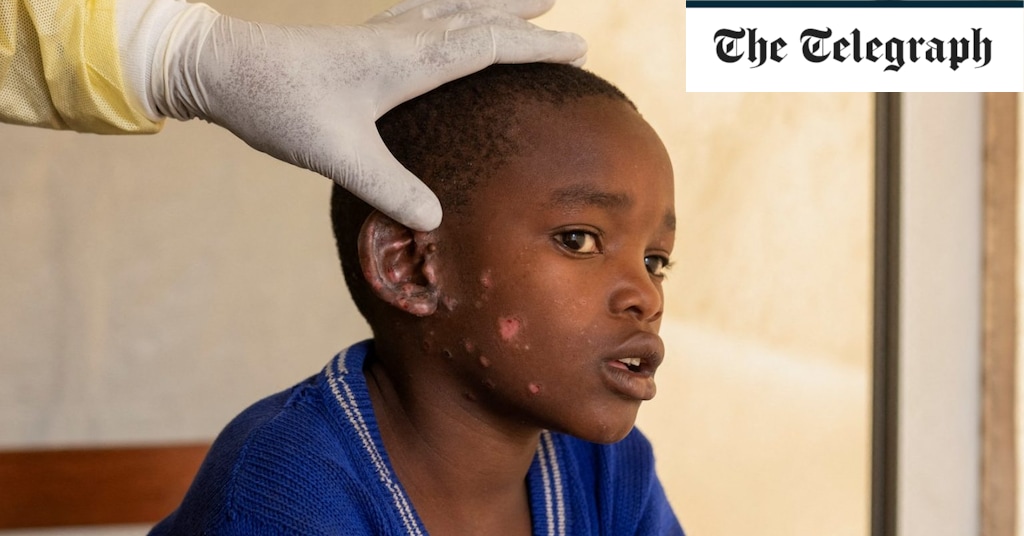
The worsening mpox outbreak in the Democratic Republic of Congo (DRC) is alarming and demands urgent global action.
The disease, formerly known as monkeypox, has resurged in the DRC due to clade I, which differs from clade IIb, the strain responsible for the 2022 global outbreak.
In May 2022, an unexpected outbreak emerged in countries with no prior history of mpox transmission. Given the global health risk and need for a coordinated response, the World Health Organisation (WHO) declared the outbreak a Public Health Emergency of International Concern (PHEIC) on July 23, 2022.
The international health community mobilised swiftly to deploy tests, vaccines, and therapeutics, helping to contain the outbreak – most successfully in communities it had reached in the United States and Europe.
As a result of the swift action, global cases declined, and the PHEIC was lifted in May 2023, with the WHO calling for continued prioritisation of efforts in Africa.
However, the response did not effectively reach Africa, where mpox has been a recurring problem since first detected in DRC in 1970.
Beyond the lack of financial support, the response may have been poorly aligned with the local context, as the transmission dynamics and affected populations of clade IIb differed from those historically observed in the DRC and now reported with clade Ib. Thus, the prevention and protection messaging likely required more tailored approaches.
Consequently, while the outbreak subsided globally, the DRC has been grappling with a worsening mpox clade I outbreak and the emergence of a new variant since 2023.
Clade I is historically found in DRC, and the new variant, clade Ib, is more transmissible, causes more severe disease and has a higher mortality than clade IIb. This year, over 14,000 cases and 511 deaths have been reported in the DRC – a substantial increase from the ~4,000 median cases reported annually between 2016 and 2022.
In response to the worsening outbreak in the DRC and the regional spread of cases in Africa, the WHO last week announced it would imminently convene the International Health Regulations Emergency Committee to assess whether the Clade I outbreak should be declared a PHEIC.
At the same time, the Africa Centres for Disease Control and Prevention (Africa CDC) said it would “most likely” declare the first-ever Public Health Emergency of Continental Security (PHECS) in response to the worsening outbreak next week.
Regardless of the Committee’s decision, given the threat to global health security and human health, it is crucial for the global community to unite and provide robust support to all affected regions, particularly the DRC and Africa, to control and ultimately eliminate mpox.
Why is clade I mpox concerning?
In 2023, as cases began to increase in DRC and new geographical areas were affected, genomic sequencing identified a new variant of mpox known as clade Ib. Due to genetic changes in the virus, it has become more challenging for diagnostic tests to detect, potentially leading to missed cases.
Moreover, this marks the first time that clade I has been transmitted through sexual contact, however there are still unclear transmission dynamics.
These variables have led to an escalating mpox clade I outbreak in DRC, which is now affecting every province in the country and poses a severe threat to children under 15 years of age, who account for most cases and deaths.
Vulnerability may stem from immunosuppression due to infections like measles, decreased herd immunity due to the cessation of smallpox vaccination in 1980, and environmental changes.

